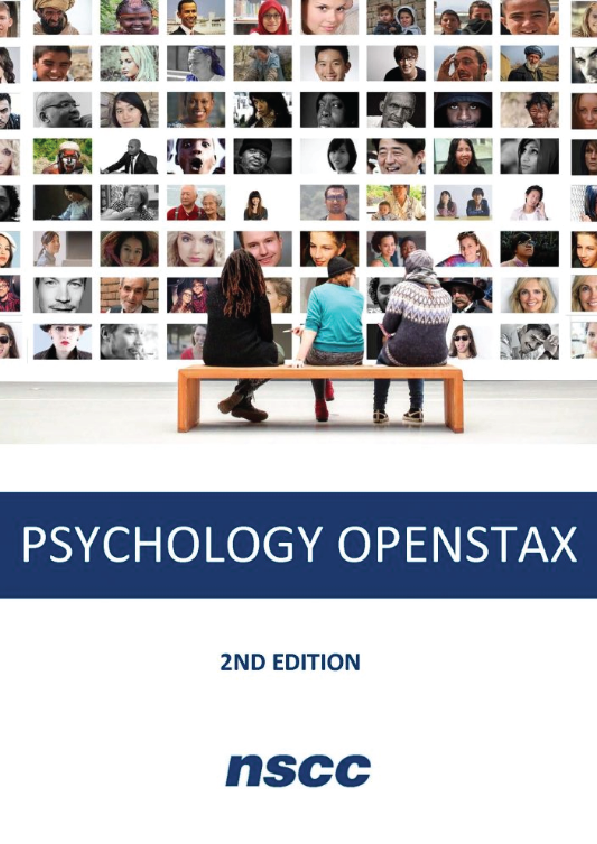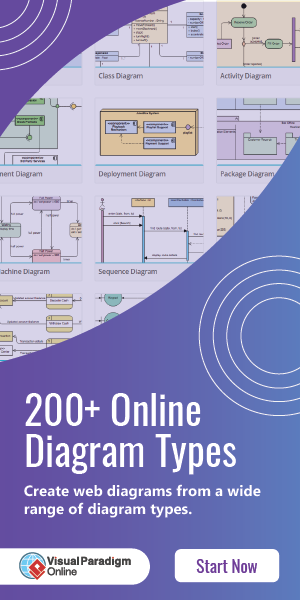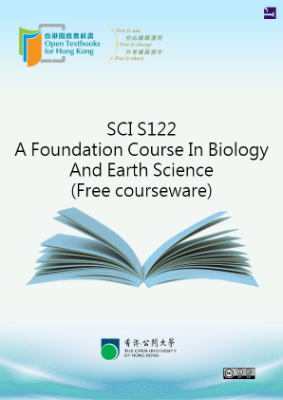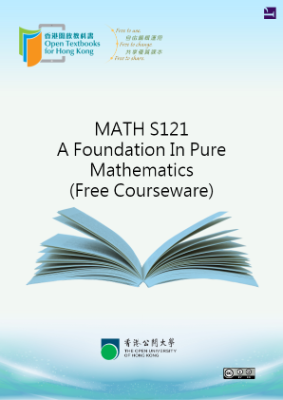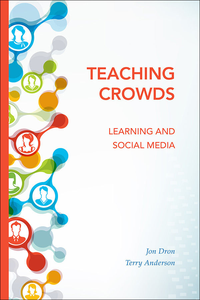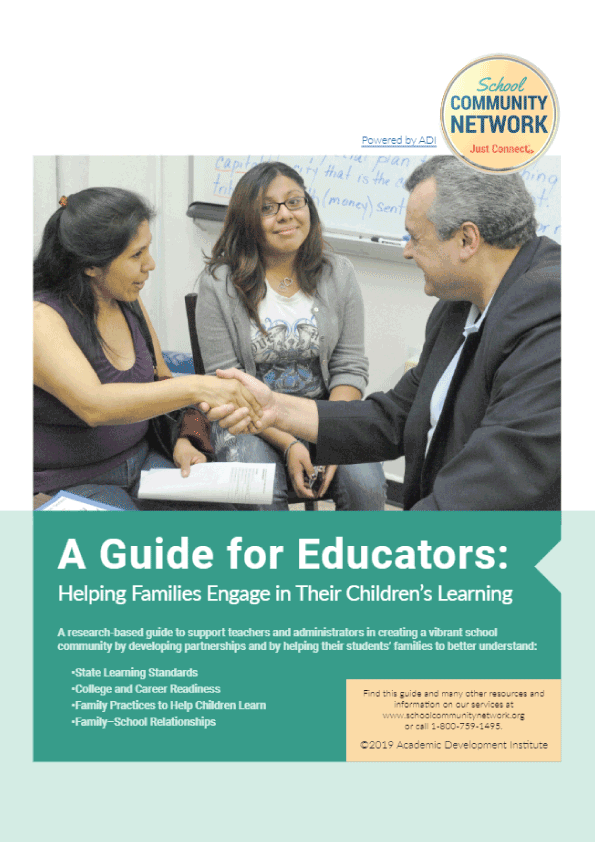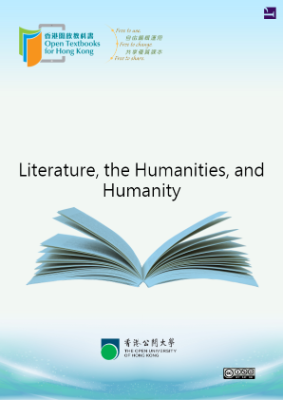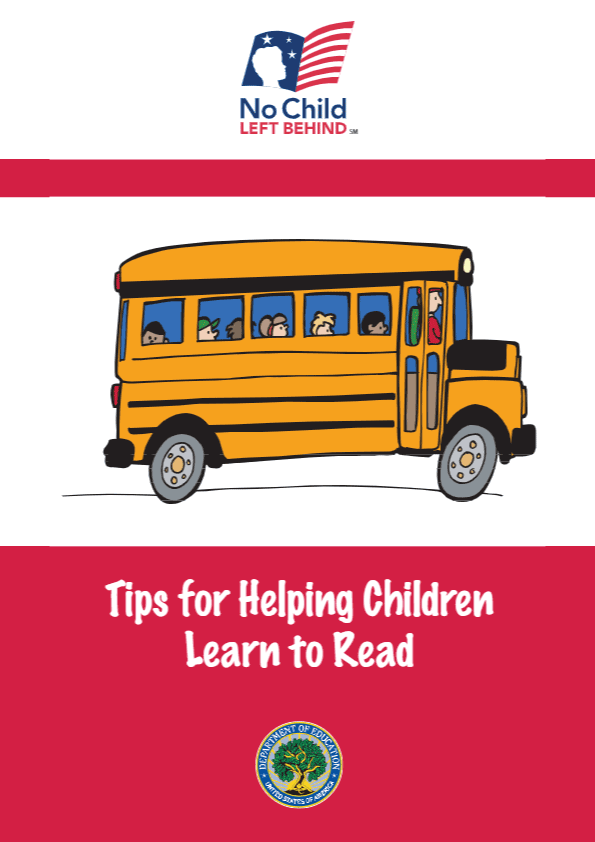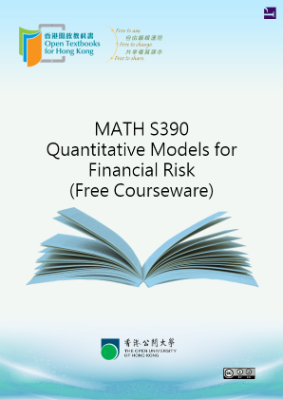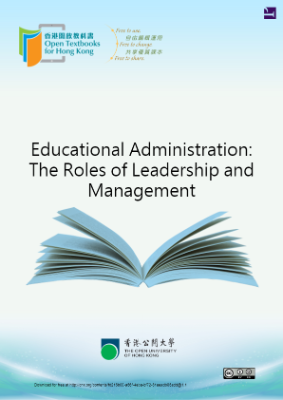About OpenStax
OpenStax is a nonprofit based at Rice University, and it’s our mission to improve student access to education. Our first openly licensed college textbook was published in 2012, and our library has since scaled to over 35 books for college and AP® courses used by hundreds of thousands of students. OpenStax Tutor, our low-cost personalized learning tool, is being piloted in college courses throughout the country. Through our partnerships with philanthropic foundations and our alliance with other educational resource organizations, OpenStax is breaking down the most common barriers to learning and empowering students and instructors to succeed. This textbook was written to increase student access to high-quality learning materials, maintaining the highest standards of academic rigor at little to no cost.
About Psychology 2e
Psychology 2e is designed to meet scope and sequence requirements for the single-semester introduction to psychology course. The book offers a comprehensive treatment of core concepts, grounded in both classic studies and current and emerging research. The text also includes coverage of the DSM-5 in examinations of psychological disorders. Psychology 2e incorporates discussions that reflect the diversity within the discipline, as well as the diversity of cultures and communities across the globe. Psychology 2e is licensed under a Creative Commons Attribution 4.0 International (CC BY) license, which means that you can distribute, remix, and build upon the content, as long as you provide attribution to OpenStax and its content contributors.
The first edition of Psychology has been used by thousands of faculty and hundreds of thousands of students since its publication in 2015. OpenStax mined our adopters’ extensive and helpful feedback to identify the most significant revision needs while maintaining the organization that many instructors had incorporated into their courses. Specific surveys, pre-revision reviews, and customization analysis, as well as analytical data from OpenStax partners and online learning environments, all aided in planning the revision.
The result is a book that thoroughly treats psychology’s foundational concepts while adding current and meaningful coverage in specific areas. Psychology 2e retains its manageable scope and contains ample features to draw learners into the discipline. Structurally, the textbook remains similar to the first edition, with no chapter reorganization and very targeted changes at the section level.
OpenStax only undertakes second editions when significant modifications to the text are necessary. In the case of Psychology 2e, user feedback indicated that we needed to focus on a few key areas, which we have done in the following ways.
Content revisions for clarity, accuracy, and currency
The revision plan varied by chapter based on need. Some chapters were significantly updated for conceptual coverage, research-informed data, and clearer language. In other chapters, the revisions focused mostly on currency of examples and updates to statistics.
Over 210 new research references have been added or updated in order to improve the scholarly underpinnings of the material and broaden the perspective for students. Dozens of examples and feature boxes have been changed or added to better explain concepts and/or increase relevance for students.
Research replication and validity
To engage students in stronger critical analysis and inform them about research reproducibility, substantial coverage has been added to the research chapter and strategically throughout the textbook whenever key studies are discussed. This material is presented in a balanced way and provides instructors with ample opportunity to discuss the importance of replication in a manner that best suits their course.
Diversity, representation, and inclusion
With the help of researchers and teachers who focus on diversity- and identity-related issues, OpenStax has engaged in detailed diversity reviews to identify opportunities to improve the textbook. Reviewers were asked to follow a framework to evaluate the book’s terminology, research citations, key contributors to the field, photos and illustrations, and related aspects, commenting on the representation and consideration of diverse groups. Significant additions and revisions were made in this regard, and the review framework itself is available among the OpenStax Psychology 2e instructor resources.
